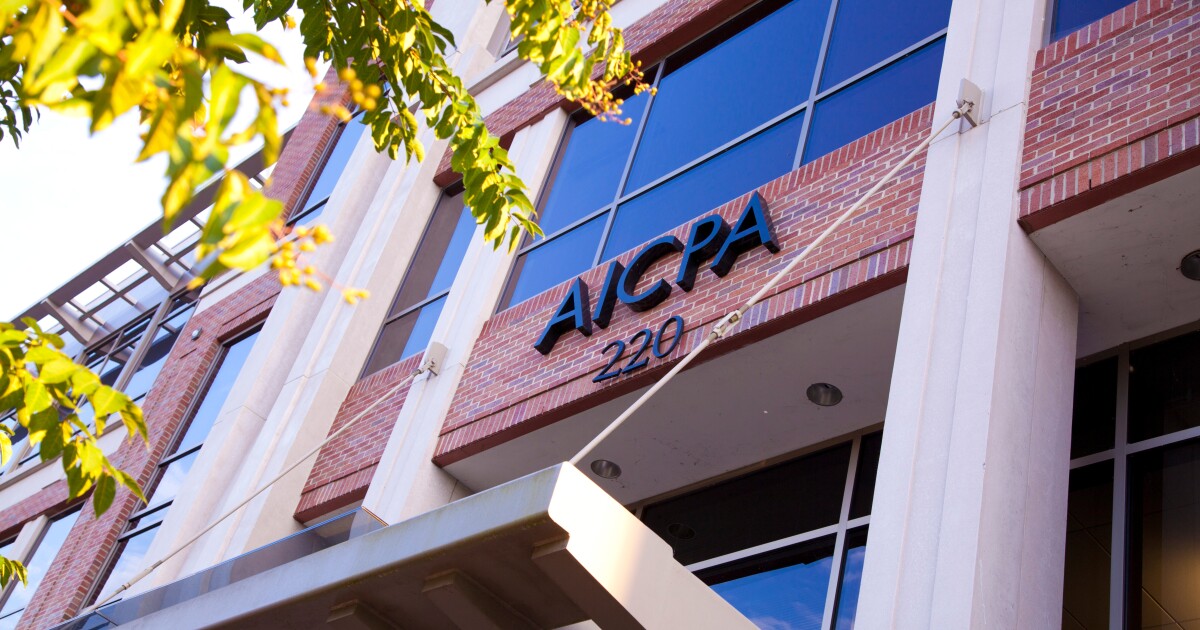Rishi Sunak’s government on Thursday launched legal action to block the release of Boris Johnson’s unredacted WhatsApp messages to the official Covid-19 public inquiry.
But in a new twist, it emerged that Johnson had only given the government messages relating to the period after May 2021 when he acquired a new phone; by that time the worst of the Covid crisis had passed.
The two developments prompted Labour to claim that both Sunak and Johnson were trying to frustrate the inquiry, set up to draw lessons from the way the government handled the pandemic.
The decision to seek a judicial review to block the release of “unambiguously irrelevant” unredacted messages puts Sunak at loggerheads with the head of the inquiry, former judge Baroness Heather Hallett.
The Cabinet Office said it had taken the legal step “with regret” and to try to protect “the rights of individuals and the proper conduct of government”.
It revealed that Johnson had only given it communications dating from May 2021 — more than a year after the pandemic hit Britain and the same month he announced the Covid inquiry.
Johnson’s allies said he acquired a new phone that month after a security breach and was told by security officials never to turn on the old device. “The effect is that historic messages are no longer available to search and the phone is not active,” one ally said.
Johnson, who still has the old phone, has written to the Cabinet Office to see if messages could be retrieved “without compromising security”. Johnson’s allies said they had “no idea” if this would be possible.
Johnson also wrote to Hallett on Thursday to say he was “more than happy to hand over the relevant WhatsApps and notebooks that you have requested in unredacted form” and that he was willing to send them to her directly.
Hallett had given the government until 4pm on Thursday to hand over unredacted material relating to Johnson’s time as prime minister, including WhatsApp messages and notebooks.
But at 4.20pm the Cabinet Office announced it would seek leave to bring a judicial review, arguing that Hallett was exceeding her statutory powers in demanding the full cache of unedited material.
There is an awareness in Whitehall that the decision regarding whether or not to submit Johnson’s communications unredacted will set a precedent for what other ministers — including Sunak himself — might have to hand over to Hallett’s team at a later date.
Sunak was chancellor during the pandemic and was sceptical about lockdowns, warning about the economic damage they would cause.
“The request for unambiguously irrelevant material goes beyond the powers of the inquiry,” the Cabinet Office said. Hallett has argued that she should decide whether or not material is irrelevant.
Labour said that both Sunak and Johnson were “playing games at the public’s expense”, while Angela Rayner, Labour’s deputy leader, accused Sunak of engaging in a “desperate attempt to withhold evidence”.
“After 13 years of Tory scandal, these latest smoke and mirror tactics serve only to undermine the Covid inquiry. The public deserve answers, not another cover-up,” she said.
Speaking earlier at a summit in Moldova, Sunak insisted the government was “confident in our position”. He stressed the importance of learning lessons from the pandemic and approaching the inquiry “in the spirit of rigour but also transparency and candour”.
The government has handed over more than 55,000 documents and “will continue to comply, of course, with the law” and “co-operate with the inquiry”, Sunak said.
Officials have accused the inquiry of taking an “absolutist” approach to the disclosure of material, but insisted the wrangling over the matter was not confrontational.
Credit: Source link











